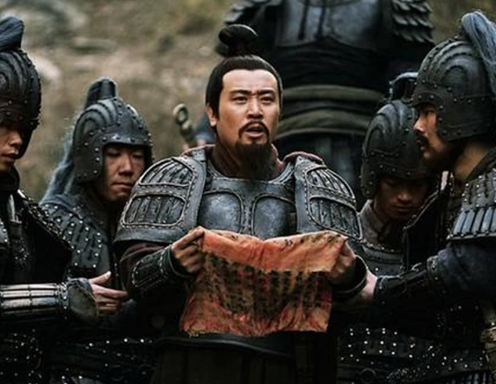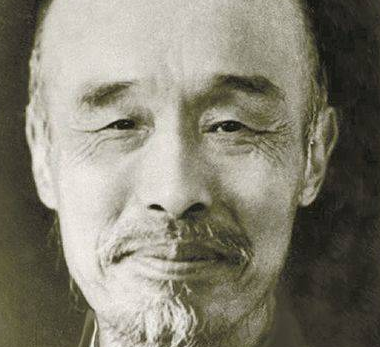Unraveling the Truth of the Yiling Battle in History: Did Liu Bei Reluctantly Exclude Zhuge Liang?
In Chinese history, the wars of the Three Kingdoms period have always attracted much attention. Among them, the Battle of Yiling, a decisive battle between Shu Han and Eastern Wu, has been particularly noteworthy. One question that has long perplexed history enthusiasts is whether Liu Bei was unwilling to bring Zhuge Liang to participate in this battle.

First and foremost, it is crucial to clarify that the answer to this question is not definitive. Some historical records do not explicitly mention that Liu Bei was reluctant to bring Zhuge Liang to the battle. However, in some literary works and films, in order to emphasize plot conflicts, they often depict Liu Bei as being unwilling to bring Zhuge Liang. Therefore, we need to analyze historical data to restore the true historical situation.
In "Records of the Three Kingdoms," the record of the Battle of Yiling is as follows: "The lord himself led the army to attack Wu, but Sun Quan appointed Lu Xun as commander-in-chief to resist." This does not mention whether Zhuge Liang participated in the battle. In contrast, "Romance of the Three Kingdoms" depicts a scenario where Liu Bei failed in battle because he did not heed Zhuge Liang's advice. While this depiction is vivid and engaging, it does not align with historical facts.
In reality, based on historical data, we can speculate that Liu Bei did not bring Zhuge Liang to the battle because he had other crucial tasks for Zhuge Liang to fulfill. At that time, the political stability and economic development of Shu Han required a talented individual to assist Liu Bei. Zhuge Liang was precisely such a talent. He was adept at both strategy and governance. Therefore, Liu Bei may have believed that having Zhuge Liang remain in the country to assist in government affairs was more important than bringing him to the battle.
Furthermore, the Battle of Yiling was a naval battle. Under the circumstances, Liu Bei's army was primarily composed of land troops, while Eastern Wu possessed a powerful navy. Given this, if Zhuge Liang had participated in the battle, he might not have been able to utilize his talents due to his lack of naval warfare experience. Consequently, Liu Bei may have deemed it a wiser choice not to bring Zhuge Liang to the battle.
In summary, we can conclude that Liu Bei did not bring Zhuge Liang to the Battle of Yiling not because he was unwilling to, but because he had more important tasks for Zhuge Liang to accomplish. Additionally, considering that the Battle of Yiling was a naval battle, Liu Bei may have believed that not bringing Zhuge Liang was a more prudent choice. This is the true historical account of the Battle of Yiling.
Disclaimer: The above content is sourced from the internet and the copyright belongs to the original author. If there is any infringement of your original copyright, please inform us and we will delete the relevant content as soon as possible.
Guess you like it

Exploring the territorial affiliation of Heilongjiang during the Spring and Autumn Period and the Warring States Period

What does "I saw you in the crowd" mean in terms of fate? And how is it related to Master Hongyi?

How did Isabella I and Ferdinand meet? What was their relationship like?

After Yongzhengs accession to the throne, the fortunes of the members of the "Fourth Princes Party" fluctuated.

How did Master Hongyi perceive life? What were his views on it?

Why did Qiao Feng willingly recognize Xu Zhu as the best in the world?

What are the four kinds of fate mentioned by Master Hongyi? What do they mean?

Guan Ying, a renowned general of the Han Dynasty, was the embodiment of bravery and loyalty.

Behind Liu Es Reign: The Interplay of Power, Wisdom, and Opportunity

How is the relationship between Hurhan and Tongtulai? Is their relationship good?









